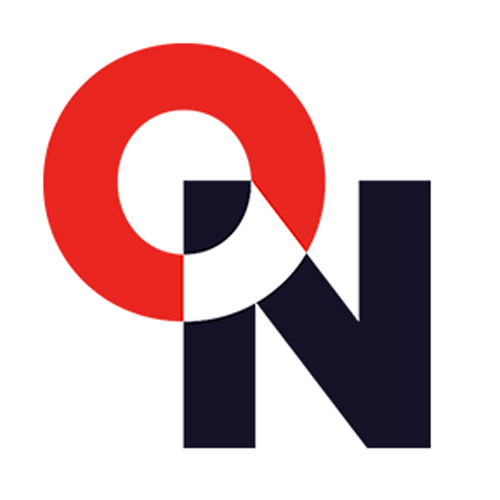FranklinCovey On Leadership
Featuring discussions with some of the most respected and sought-after thought leaders in the world, listeners gain valuable insights on various aspects of leadership, personal development, and organizational effectiveness.

Seasons
Engage with us. Request a demo.









